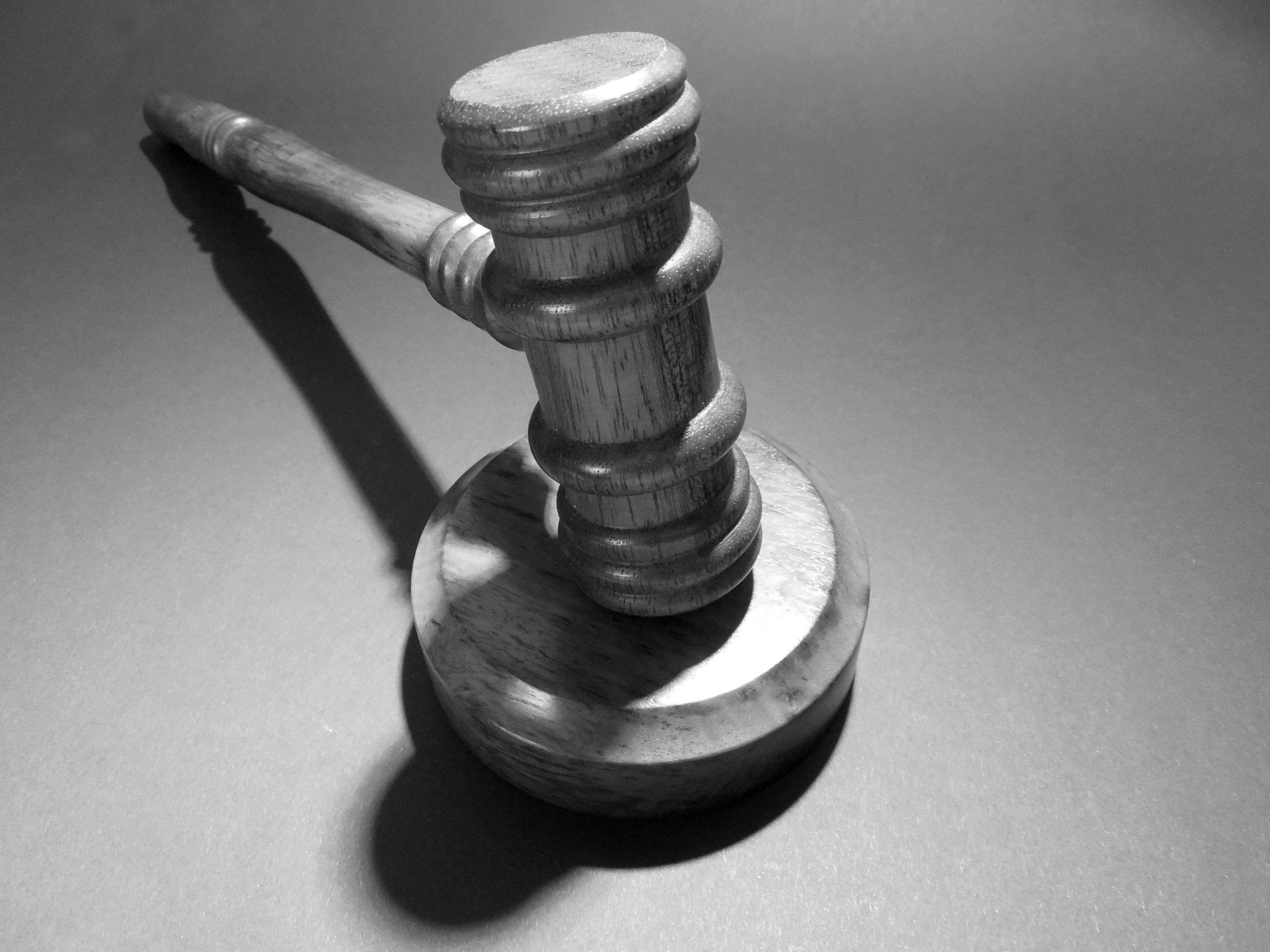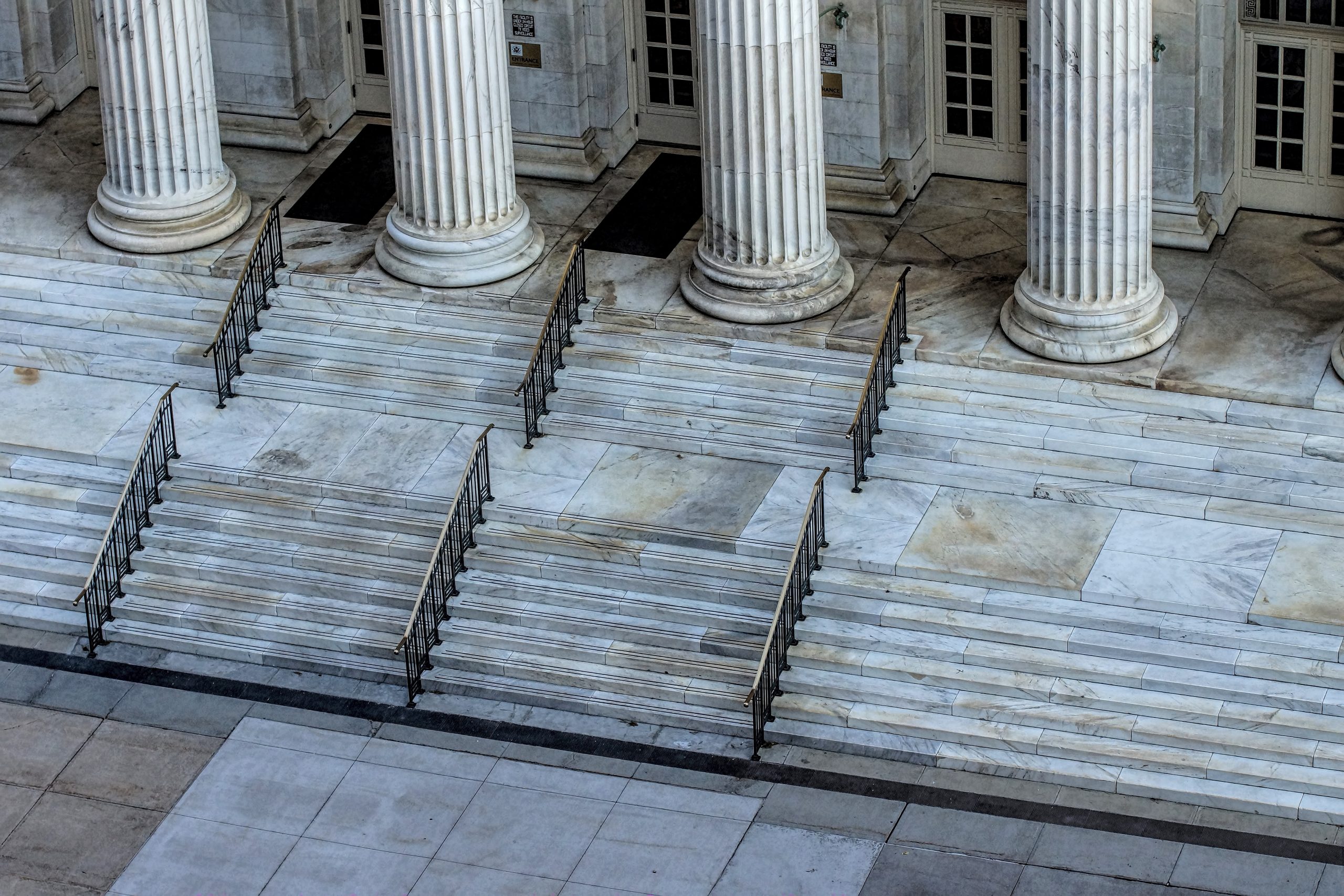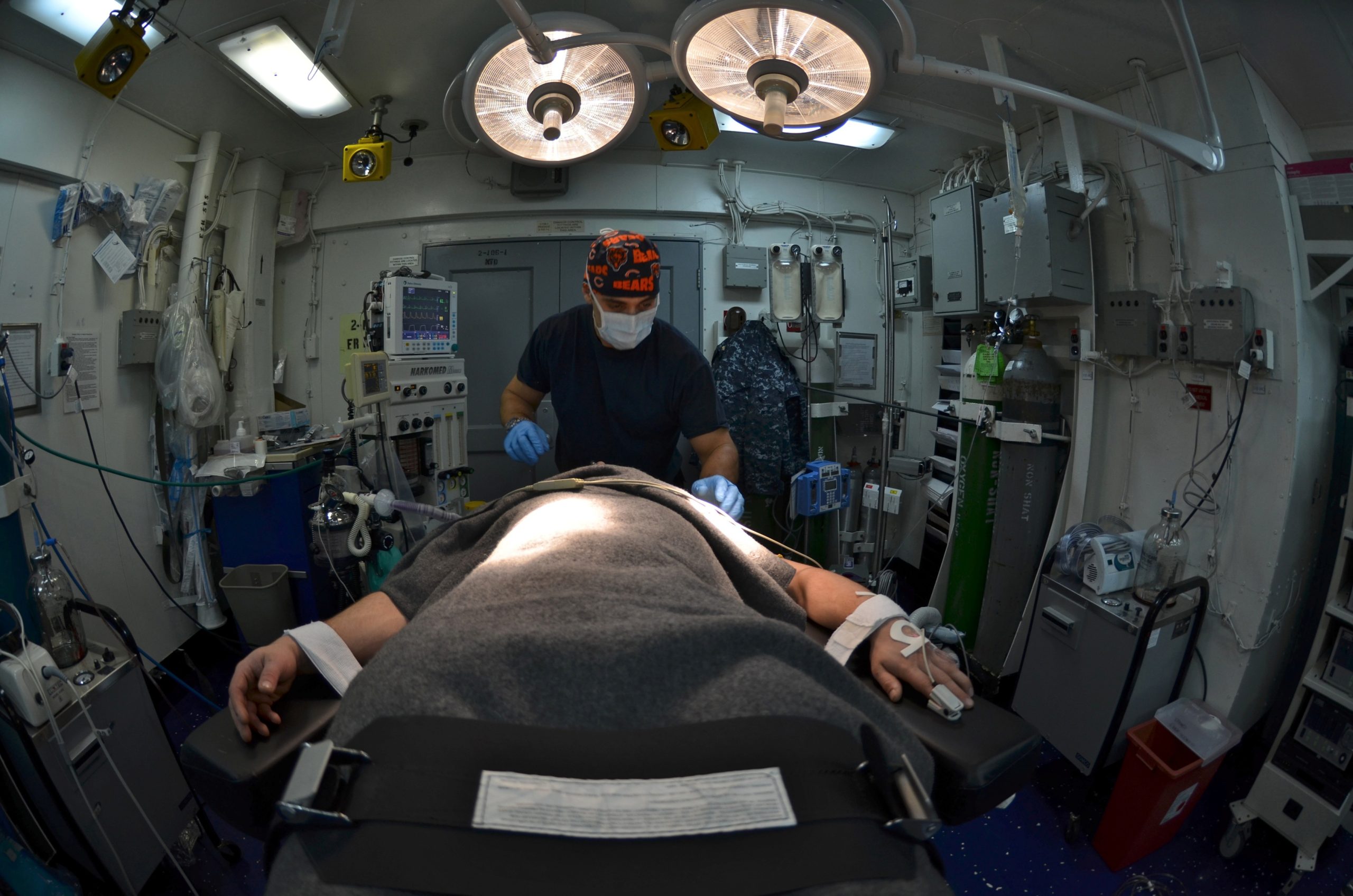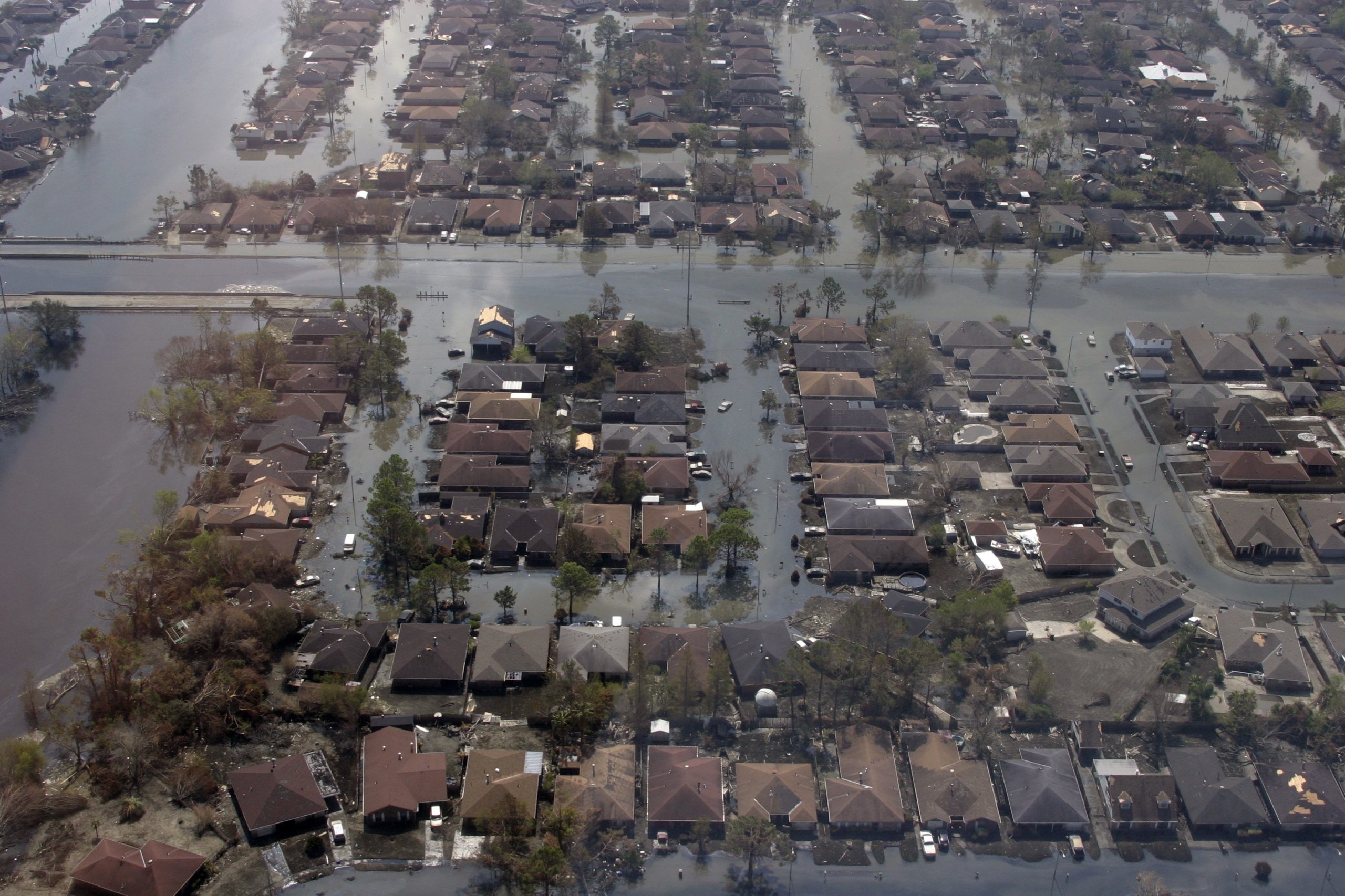 When considering a legal malpractice claim, it is crucial to understand that proving your attorneys’ negligence alone is insufficient. To establish the merit of such a claim, you must demonstrate an underlying loss resulting from their negligence. This requires presenting compelling evidence that your original claim would have been successful had your attorneys not been negligent. The case of Shawn Cupit, who pursued a wrongful death lawsuit, highlights the significance of providing admissible evidence and the challenges involved in proving a legal malpractice case.
When considering a legal malpractice claim, it is crucial to understand that proving your attorneys’ negligence alone is insufficient. To establish the merit of such a claim, you must demonstrate an underlying loss resulting from their negligence. This requires presenting compelling evidence that your original claim would have been successful had your attorneys not been negligent. The case of Shawn Cupit, who pursued a wrongful death lawsuit, highlights the significance of providing admissible evidence and the challenges involved in proving a legal malpractice case.
Shawn Cupit hired Joseph Moffett, a lawyer in Mississippi, to represent him in a wrongful death lawsuit involving the death of his mother. His mother had been a patient at a rehabilitation hospital in Concordia Parish, Louisiana, because of injuries related to a burned foot. One night, she climbed out a window at the rehabilitation hospital and was hit and killed by a drunk driver. They filed a lawsuit against the drunk driver, his insurer, and the rehabilitation hospital. They claimed the rehabilitation hospital had been negligent in observing their patient and did not provide a safe prejudice.
Moffett retained Roger Burgess and Baggett McCall as local counsel in Louisiana. Burgess submitted a request for a Medical Review Panel under La. R.S. 40:1231.8. The Medical Review Panel found the rehabilitation hospital had not failed to comply with the required standard of care. Burgess and McCall also retained expert witnesses, but the expert’s medical opinion letter concluded there was no evidence of the rehabilitation hospital committing medical malpractice.
 Insurance Dispute Lawyer Blog
Insurance Dispute Lawyer Blog


 Imagine, for a moment, you’re organizing a large-scale event with a long checklist of details to manage. Now imagine missing one tiny detail and having it cost you a whopping quarter-million dollars! That’s precisely the scenario that unfolded for Star Financial Services, Inc., a prominent ATM operator, in their dealings with Cardtronics, USA, Inc. The United States Court of Appeals for the Fifth Circuit reversed the District Court’s grant of summary judgment in favor of Cardtronics.
Imagine, for a moment, you’re organizing a large-scale event with a long checklist of details to manage. Now imagine missing one tiny detail and having it cost you a whopping quarter-million dollars! That’s precisely the scenario that unfolded for Star Financial Services, Inc., a prominent ATM operator, in their dealings with Cardtronics, USA, Inc. The United States Court of Appeals for the Fifth Circuit reversed the District Court’s grant of summary judgment in favor of Cardtronics. Imagine attending a routine medical appointment at your local doctor’s office. You enter the premises expecting a standard check-up, but unexpectedly, you trip over a defective threshold and fall onto a hard terrazzo floor. This unsettling scenario is precisely what Lois J. Tate encountered in their accident, sparking a personal injury action against Touro Infirmary and Louisiana Children’s Medical Center. The Louisiana Fourth Circuit Court of Appeal affirmed the Trial Court’s decision to grant summary judgment in favor of the defendants, Touro Infirmary, and Louisiana Children’s Medical Center.
Imagine attending a routine medical appointment at your local doctor’s office. You enter the premises expecting a standard check-up, but unexpectedly, you trip over a defective threshold and fall onto a hard terrazzo floor. This unsettling scenario is precisely what Lois J. Tate encountered in their accident, sparking a personal injury action against Touro Infirmary and Louisiana Children’s Medical Center. The Louisiana Fourth Circuit Court of Appeal affirmed the Trial Court’s decision to grant summary judgment in favor of the defendants, Touro Infirmary, and Louisiana Children’s Medical Center. Hurricanes can result in significant property damage, including flooding with contaminated water. When faced with such a situation, homeowners may wonder if they have a viable lawsuit against the responsible parties, such as the company responsible for the contaminants or the city involved in managing the wastewater system. The following case sheds light on the legal considerations surrounding property damage caused by contaminated floodwater and the potential liability of the responsible entities.
Hurricanes can result in significant property damage, including flooding with contaminated water. When faced with such a situation, homeowners may wonder if they have a viable lawsuit against the responsible parties, such as the company responsible for the contaminants or the city involved in managing the wastewater system. The following case sheds light on the legal considerations surrounding property damage caused by contaminated floodwater and the potential liability of the responsible entities. We all cherish the idea of collecting vacation days, envisioning the blissful trips we’ll take in the future. But what if you find yourself resigning from your job with a surplus of accrued vacation days that you haven’t had the chance to use?
We all cherish the idea of collecting vacation days, envisioning the blissful trips we’ll take in the future. But what if you find yourself resigning from your job with a surplus of accrued vacation days that you haven’t had the chance to use?  If you are involved with a lawsuit, you probably imagine your day in court involving a jury listening to the evidence and rendering a decision. After all, the US Constitution protects our right to a trial by jury. But what happens if the court issues a notice scheduling your trial to be heard in front of a judge instead of a jury?
If you are involved with a lawsuit, you probably imagine your day in court involving a jury listening to the evidence and rendering a decision. After all, the US Constitution protects our right to a trial by jury. But what happens if the court issues a notice scheduling your trial to be heard in front of a judge instead of a jury?  If you’ve ever left a job in the middle of a pay period, you might have had to wait to receive your final check. But what if you were fired, reinstated, fired, reinstated, and fired again? Payment of wages gets a bit more confusing.
If you’ve ever left a job in the middle of a pay period, you might have had to wait to receive your final check. But what if you were fired, reinstated, fired, reinstated, and fired again? Payment of wages gets a bit more confusing. In the aftermath of a vehicle collision, the impact reverberates beyond the immediate parties involved, leaving a trail of injuries and legal complexities. Such was the case for Cody Johnson, a passenger on an RTA bus when it collided with another vehicle. Seeking full compensation for her damages, she pursued a vicarious liability claim against the driver’s employer. However, the court’s assessment of the driver’s scope of employment would determine the outcome of her pursuit of justice.
In the aftermath of a vehicle collision, the impact reverberates beyond the immediate parties involved, leaving a trail of injuries and legal complexities. Such was the case for Cody Johnson, a passenger on an RTA bus when it collided with another vehicle. Seeking full compensation for her damages, she pursued a vicarious liability claim against the driver’s employer. However, the court’s assessment of the driver’s scope of employment would determine the outcome of her pursuit of justice. Hurricanes do not discriminate. Regardless of age, wealth, gender, health, or race, hurricanes are merciless to all they come in contact with. Such was the case for Ms. Taylor, who experienced the wrath of Hurricane Katrina in 2005.
Hurricanes do not discriminate. Regardless of age, wealth, gender, health, or race, hurricanes are merciless to all they come in contact with. Such was the case for Ms. Taylor, who experienced the wrath of Hurricane Katrina in 2005.  Have you ever witnessed an accident? The experience can be overwhelming, leaving lasting, often overlooked emotional scars. Such consequences raise an essential question; can a witness to an accident seek damages in court? The subsequent lawsuit helps answer that question. The journey of the litigants through the intricate legal landscape reveals their unwavering determination to find solace for the emotional anguish they endured as witnesses to the tragic events.
Have you ever witnessed an accident? The experience can be overwhelming, leaving lasting, often overlooked emotional scars. Such consequences raise an essential question; can a witness to an accident seek damages in court? The subsequent lawsuit helps answer that question. The journey of the litigants through the intricate legal landscape reveals their unwavering determination to find solace for the emotional anguish they endured as witnesses to the tragic events.